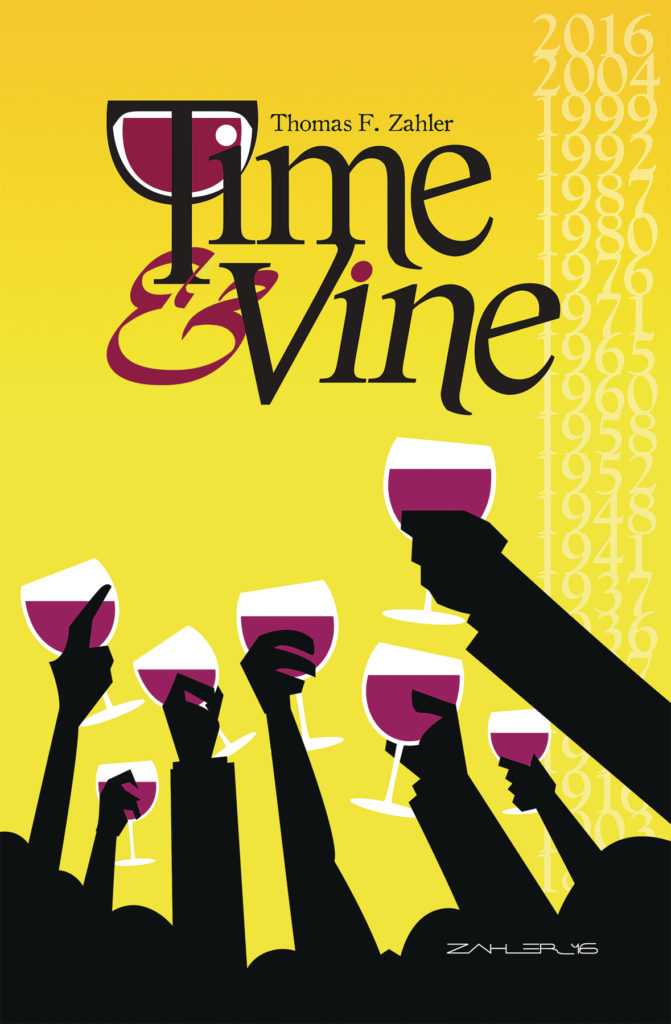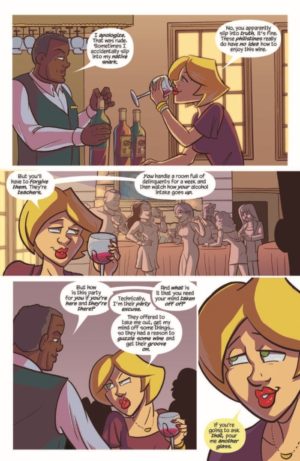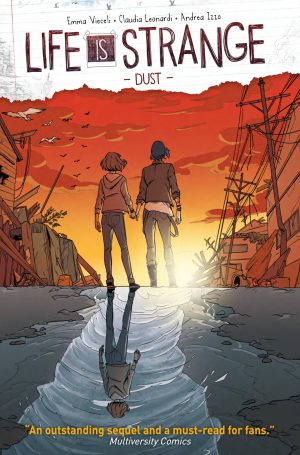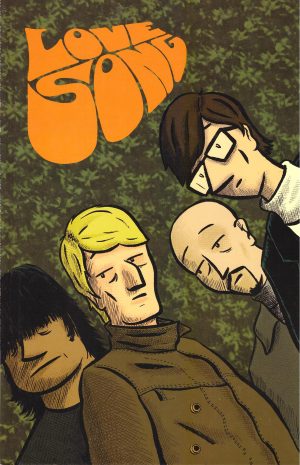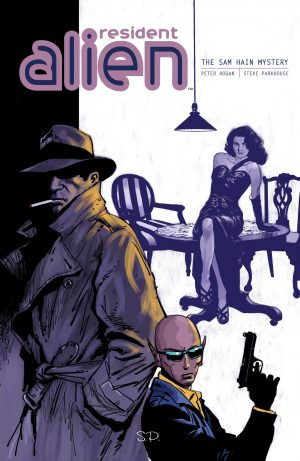Review by Ian Keogh
Jack Cadell owns a winery, which is where he meets Megan Howe one night, her mother’s dementia an overwhelming concern despite the best efforts of her fellow teachers to take her mind off the situation. What might do it, though, is a trip back through time, as certain bottles in the winery have a magical propensity.
If considered, the possibility of time travel can cause some logical complexities, so Thomas F. Zahler sets some rules from the start. In his world doing something that changes the timeline isn’t really possible. Time has a way of adjusting. Clothes somehow correct themselves for the period visited, and although others can travel through time, recognition is rare. The journey is temporary, always begins in the wine cellar, and there’s a certain light headedness indicating when time is about to pull people back to their era. Further clarification opens the second chapter, which is too much, and instead of calming the nit-picker’s mind it’s likely to raise a lot more questions. The trick is to give your head a shake. Time travel isn’t actually possibly, so why not accept the author’s rules? It’s worth it.
Time & Vine doesn’t develop into the story you’d think given Megan is a history teacher. The wistful tone reads, in fact, as if there’s a lot of personal investment on Zahler’s part. As it’s not anything he admits to in the afterword, it’s just plain good writing, involving us with Megan and with her problems and regrets. It’s not general history that really interests Megan, but family history, and with her mother no longer able to remember accurately, the trips to the past offer the means to uncover secrets. Hers aren’t the only secrets we discover. Jack’s purpose seems to be the kindly facilitator and advisor, but he’s also well fleshed out. Beyond those two no-one else really matters. Zahler has a definite story he wants to tell, and trips to the past are only a means to the end, not the purpose of Time & Vine, although the opportunity lends itself to some neat touches.
Almost everything is pitched perfectly, but one element always feels slightly wrong. Zahler works with a cute style of cartooning, which only takes Time & Vine so far. We’re wading in deep emotional waters given Megan’s priorities and stage in life, and a greater power would have stemmed from a more naturalistic touch to the art. Megan and Jack don’t always have the visual responses expected given some situations. Note that for almost any other project Zahler’s polished cartooning would be a major plus. It’s a big caveat for what’s otherwise a carefully constructed and humane drama of a type not many people attempt any more, and would certainly work well adapted for TV or cinema.
